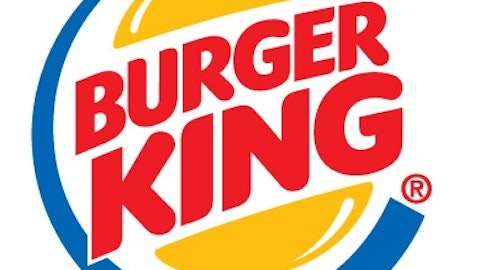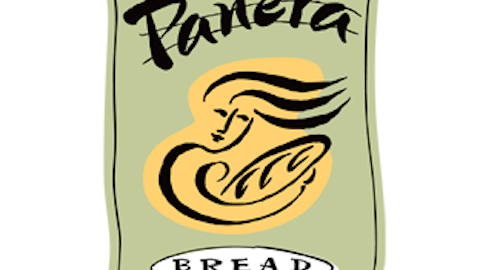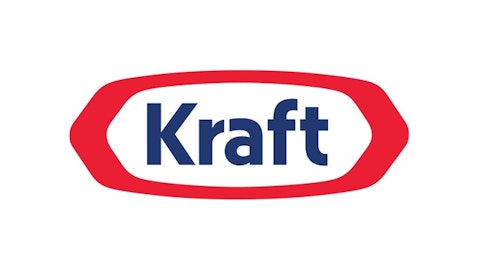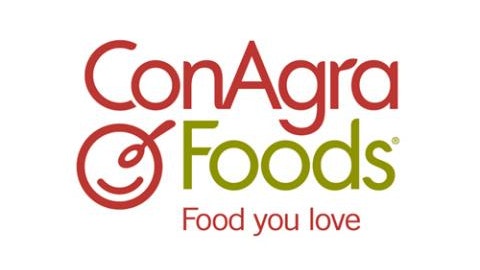The major food brands have all been working from a similar script. First, build a popular portfolio of products, and then distribute them to an increasingly wide network of wholesale customers. The wholesale market is a critical source of profits for the industry, which naturally leads to cut-throat competition. Let’s take a look at the current winners.
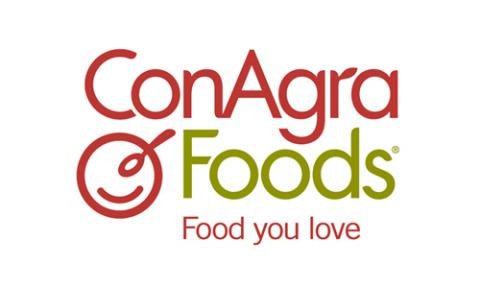
Starbucks Corporation (NASDAQ:SBUX) is back on track with Howard Schultz at the helm and new store openings around the world. In FY2012, the company reported increases in revenues and operating income of 13.6% and 15.6%, respectively, versus the prior year. After minimal store openings in FY2011, the company opened a net 1,063 stores in FY2012, primarily in the Americas and Asia-Pacific regions. Starbucks is also aggressively targeting the tea-drinking populations around the world through improved product offerings and its acquisition of the Teavana retail chain.
In FY2012, the company increased its operating profitability, despite a continued rise in certain commodity costs. Starbucks’ profit margin benefited from a greater use of the higher-margin licensed business model, which is the predominant structure for its stores in the Asia-Pacific region. It also achieved a strong 50.2% increase in its wholesale channel, as it added new customers and gained shelf space for its roster of products.
Looking ahead, the company is forecasting a comparable sales increase in the middle single-digit range and continued growth in its global store base. Starbucks expects its future growth to come from the Asia-Pacific segment, especially from India where it is opening stores in partnership with Tata Global Beverages. It is also improving the selection of food items in its stores, which will be enhanced by gains from its recent purchase of La Boulange bakery. With its name recognition and loyal customer base, Starbucks should be able to continue gaining traction in all of its markets.
Straight from the heartland
ConAgra Foods, Inc. (NYSE:CAG) has transformed itself from a flour milling operation into one of the world’s largest processed food companies. ConAgra has built its portfolio of brands primarily through the acquisition channel, including the 2012 purchases of Del Monte Canada and the P.F. Chang and Bertolli frozen meals businesses. Its pace of acquisitions reached a climax in November 2012, as the company finally sealed a deal to acquire Ralcorp Holdings for $6.8 billion, after two years of off and on negotiations.
In FY2013, ConAgra has reported solid financial results, with increases in revenues and operating income of 7.8% and 69.8%, respectively, compared to the prior-year period. While sales growth primarily came from its myriad of recent acquisitions, ConAgra’s operating profitability has benefited from cost savings achieved from the integration of its global production facilities. In addition, the company has successfully offset commodity cost pressures by passing along price increases to both its consumer and commercial customers.
